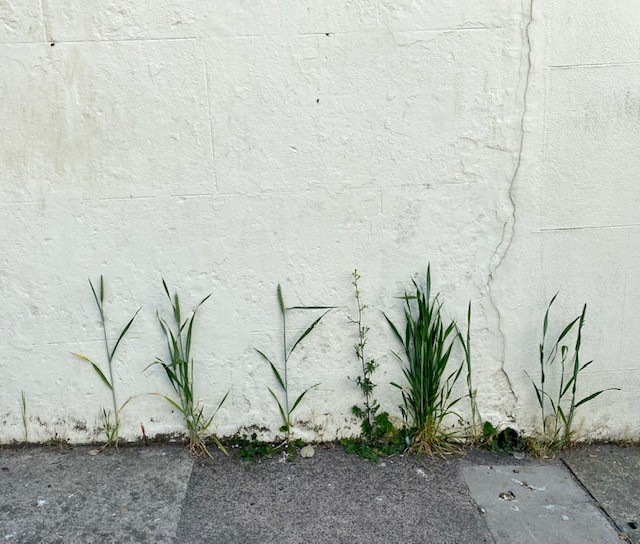Part 3: Wabi sabi a cure for the curers
Posted on: 21/11/2022Part 3: Wabi Sabi, a curer for the curers?
Wabi Sabi embraces imperfection, impermanence, and incompleteness. It is a way of seeing the world that values simplicity, humility, and authenticity. In a world that is obsessed with narrow metric perfection, hierarchal forms of communication and complexities. Wabi Sabi offers a refreshing perspective that can help find peace and a way of acceptance. A way of creating space which has the potential to allow the light back in in many ways. Enthralled by layering and patina and appalled by some forms of agitative assumptions I sought solace and respite in Wabi Sabi as soon as I came across its expansive potential.
We often hear ‘embrace your mistakes’ only to be corrected moments later. This is particularly pronounced for neurodivergent/disabled people who are also coerced out of our approaches and thinking. Thereafter falsely and overzealously corrected in numerous ways. Autists and neurodivergent children and adults have often experienced our ways of playing and learning pathologised and it can’t be said enough we are tired of hearing about what we are doing ‘wrong’.
Corrective approaches are often detrimental to the growth and development of individuals. We often try to fix or change people, but Wabi Sabi can teach us to accept others as they are, with all their flaws, imperfections, different approaches and thinking. Leading to deeper connections and a greater sense of intimacy.
We are often taught to strive for perfection, and perfectionism is a trait often praised in our society, in education, in work and is fused into our validation systems and approaches. But Wabi Sabi reminds us that there is beauty in the imperfect and the incomplete. It encourages us to embrace the process of creation, rather than just the result. It ignites curiosity where slick complexities dull our senses and interests. Leading to greater creativity and innovation. There is a flexibility within this, something I perceive as an organic flexibility.
The concept of Wabi Sabi can be (and has been away from Western dominance) applied as a social approach to many aspects’ of life, including relationships, work, and homes. Perfection costs us and our environment(S). It has taught me much and allowed me to create space.
In our homes, we often try to create a perfect environment, but Wabi Sabi teaches us to appreciate the beauty of natural materials, the patina of age, and the imperfections of handmade objects. Inviting more relaxed living space(s), as well as a greater appreciation for the things we own. It invites a lack of pervasive ambition.
Wabi Sabi is not just a philosophy, it is a way of life. It encourages a slowdown, to appreciate the present moment, and to find beauty in the ordinary. It can help us let go of our need for control and perfection and embrace the uncertainty and impermanence of life.
Wabi Sabi is a powerful antidote to the culture of perfectionism, a lessening of idealised grotesque views of idealised notion of ‘struggle(s)’ and 'other' that pervades presumptions in our society. It offers a way of seeing the world that values imperfection, impermanence, and incompleteness.
Invites space to ‘be’ away from socially expected compliances, fixes and curers and beauties we will be starved of in the future.
Pernille Fraser 2022#wabisabi #neurodivergency



